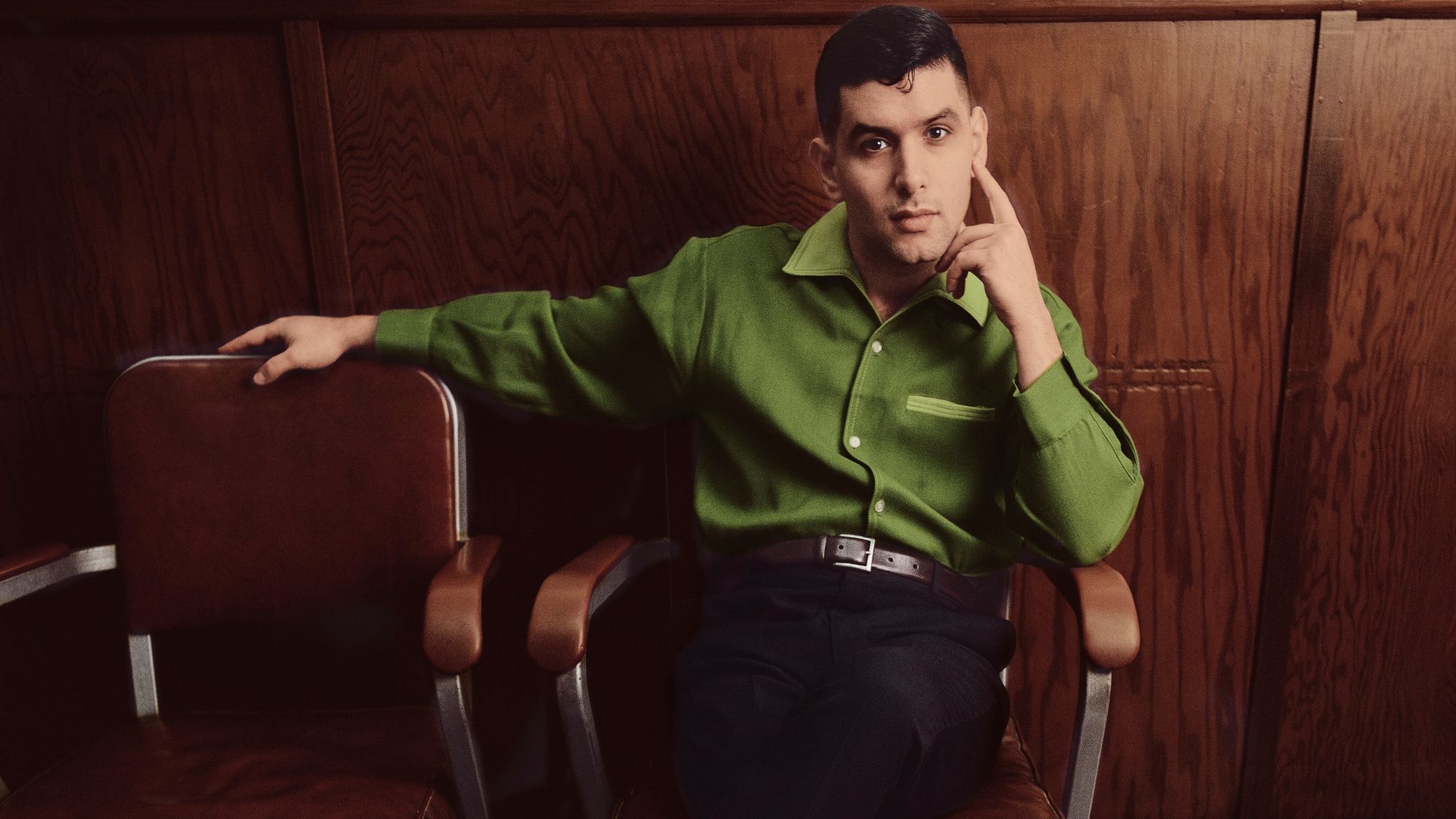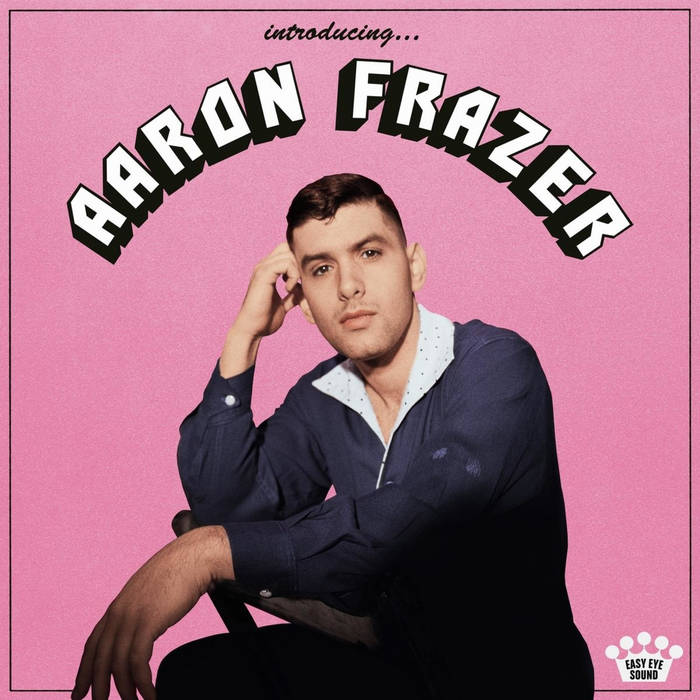Aaron, your solo excursion started with a phone call from Dan Auerbach of the Black Keys. What was your first reaction when you heard his voice? And how did he convince you to record a solo album?
It was definitely surreal, because I was hearing a voice that I’d been listening to since I was in high school. But in another way, I just had a feeling our paths would cross at some point, so there was also a feeling of “here we are at last!”
“Introducing…” was recorded in a week at Auerbach’s studio in Nashville after a four days songwriting session – that’s not a lot of time. Did you already have a collection of song ideas that you thought would be good for solo album?
Definitely not a lot of time, it’s way faster than I’ve ever done another project. I had some chord progressions, lyrical scraps and musical styles I knew I wanted to explore, but the vast majority of the creative process happened during our four day writing session.
You wrote many of the songs together with Dan Auerbach. How can we imagine the collaboration? Was there a division of labor or did you all throw your ideas into the ring?
It was very collaborative top to bottom. Some songs I’d bring a chord progression to the table, sometimes we’d work out the chords together. We’d always work the lyrics together, which was awesome. Dan has such a brilliant knack for catchy songs, so getting a glimpse into his process and learning from it was a blast.
You also had a veteran songwriter with you in L. Russell Brown, who had written hits for Frankie Valli, among others, and co-wrote the album’s opening track, “You Don’t Wanna Be My Baby”. How did this collaboration come about?
Dan arranged that meeting for us. He tailored all the band members and co-writers to me as an artist – so knowing I’m a falsetto singer, he brought in L. Russell Brown. Having a direct connection now between me and Frankie Valli is really special.
Aaron, your lyrics deal with social aspects as well as the always topical subject of love. Did you have a certain concept in mind how the record should be thematically structured? Or was it more of an organic process?
I always try to make room in my projects for what’s going on inside and outside; that’s what my heroes do/did. Our lives have lots of dimensions- sometimes we’re focused on our relationships, our dreams, our vices, and sometimes we’re focused on the systems and issues that provide the backdrop for the personal stuff.
For “Introducing…”, you worked with a crew of heavy session players including members of the Memphis Boys (who played on Dusty Springfield’s “Son of A Preacher Man” and Aretha Franklin’s “You Make Me Feel Like A Natural Woman”) and several members of the Daptone-Big Crown Records universe. So different generations of musicians met in the studio. How did that affect the dynamics of the album?
I think that’s part of why the album sounds the way it does! My music comes from all different decades, so I think the best way to honor that is to bring together players from across generations.
When one hears your voice, one has direct associations with some of the greatest voices in soul music such as Curtis Mayfield and Smokey Robinson. To what extent have these artists influenced your vocal style and songwriting? What other role models do you have?
Oh they’re both huge influences for sure. Smokey Robinson writes in such vivid detail while delivering some of the all time catchiest hooks. Curtis is so unafraid to be so vulnerable in one moment, and furious in the next, but always is so eloquent with gorgeous arrangements. Other heroes of mine are Carole King, Lee Hazlewood, Gil Scott-Heron and DJ Premier.
Of course soul music plays an important role on your album – as a member of Durand Jones & the Indications you are, after all, part of one of the best soul bands of the last years. But “Introducing…” is much more than just another old-school soul record; it’s clearly set in the here and now and has a lot of pop appeal as well. Was it your goal to break out of the soul pigeonhole a bit?
YES! I love so many different types of music, I don’t want to make something that’s “pure old school”. In the same way that Gil Scott-Heron found room to express all different parts of himself on one album, I wanted to do the same, both musically and topically.
You are not only a songwriter and singer, but above all a drummer. How important was the drum sound of the album to you?
Hahah, thanks for saying that. It’s weird to think, but at this point most people know me as a singer! The drum sound is crucial to the record. I wanted to make sure it sounded nice and polished, while maintaining the toughness and a little grit.
Aaron, let’s go back to your musical roots. What music influenced you in your youth? What kind of music was playing in your parents’ house?
My mom really loved Carole King- I used to hear her album “Tapestry” all the time. She loved Michael Jackson too. My dad loved The Beatles, Chicago, Joe Cocker, Three Dog Night.
What fascinates you especially about classic soul music?
I think it’s a music that allows you to express every part of yourself, but especially the tender part. It’s also a music where big ideas can be done in small ways and it still sounds magical.
Who is your favorite soul music drummer?
James Gadson, he’s got the coldest grooves. So simple and powerful. He’s the architect of where the current soul scene is at. Every sweet soul band around right is chugging along with 16th notes on the hi hat, and whether they know it or not, they’re doing Gadson.
The current pandemic is not exactly the perfect time to launch a solo project. The touring business has largely come to a standstill. How do you experience the situation? Did Corona have an impact on the making of the album?
Yeah definitely not ideal, I would LOVE to be out playing shows on this record, but the time will come. Just gotta be patient and have some faith. The pandemic has been a huge bummer, because I’ve spent years touring SUPER hard with Durand Jones & The Indications, and we were really starting to see the wheels turn right when we had to shut down. I know we can get back to that point, but the industry is just going to have some ramp up time.
What are you planning next, Aaron? Will Durand Jones & the Indications continue?
Oh 100%! We’ve spent the past month recording our new record and it sounds SO GOOD. We all can’t wait to show people what we got cookin. I’m so lucky to have such talented and creative bandmates, I know we have all the tools to keep making great records for many years to come.
Thank you very much for the interview, Aaron.
Thanks for having me! Danke schön!
Photo: Alysse Gafkjen


